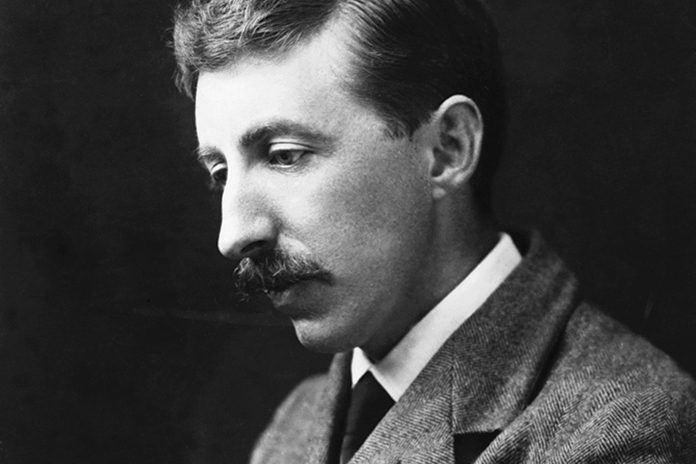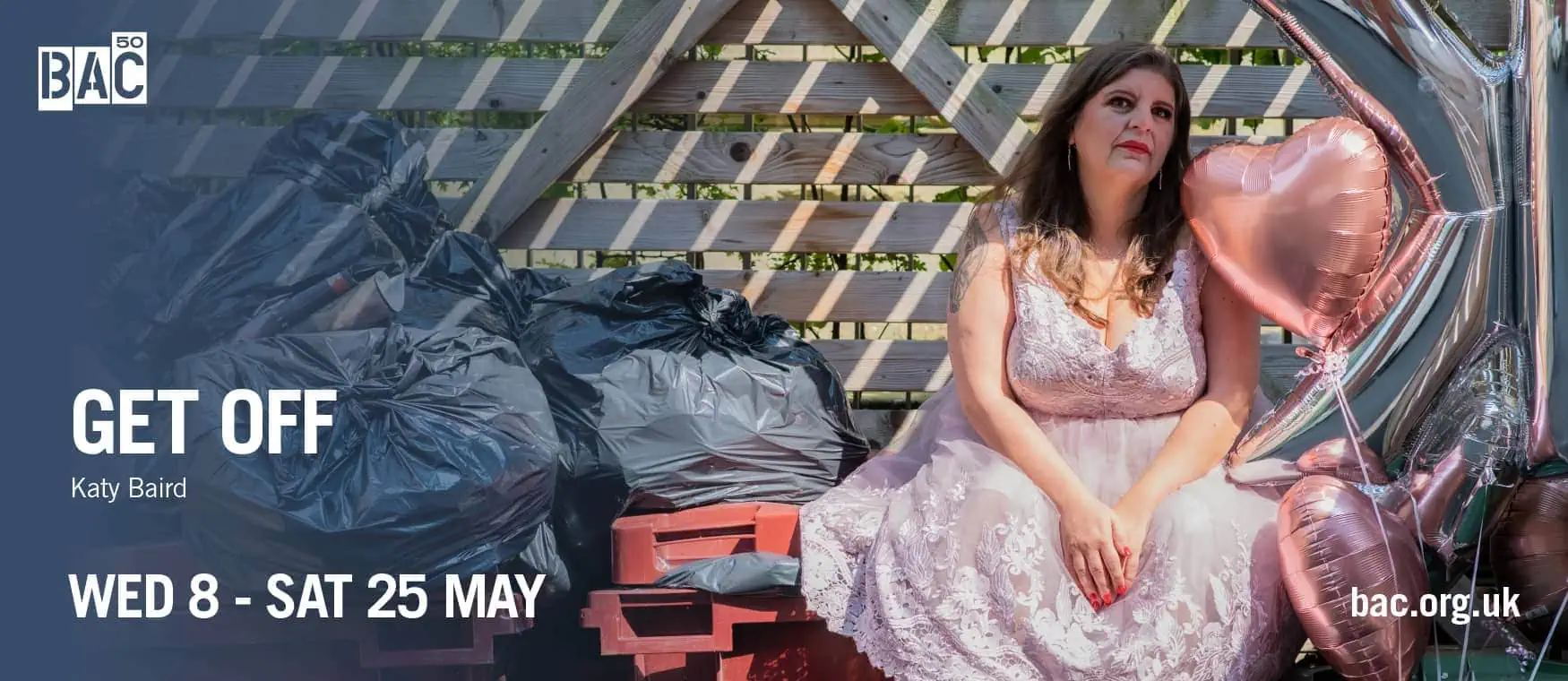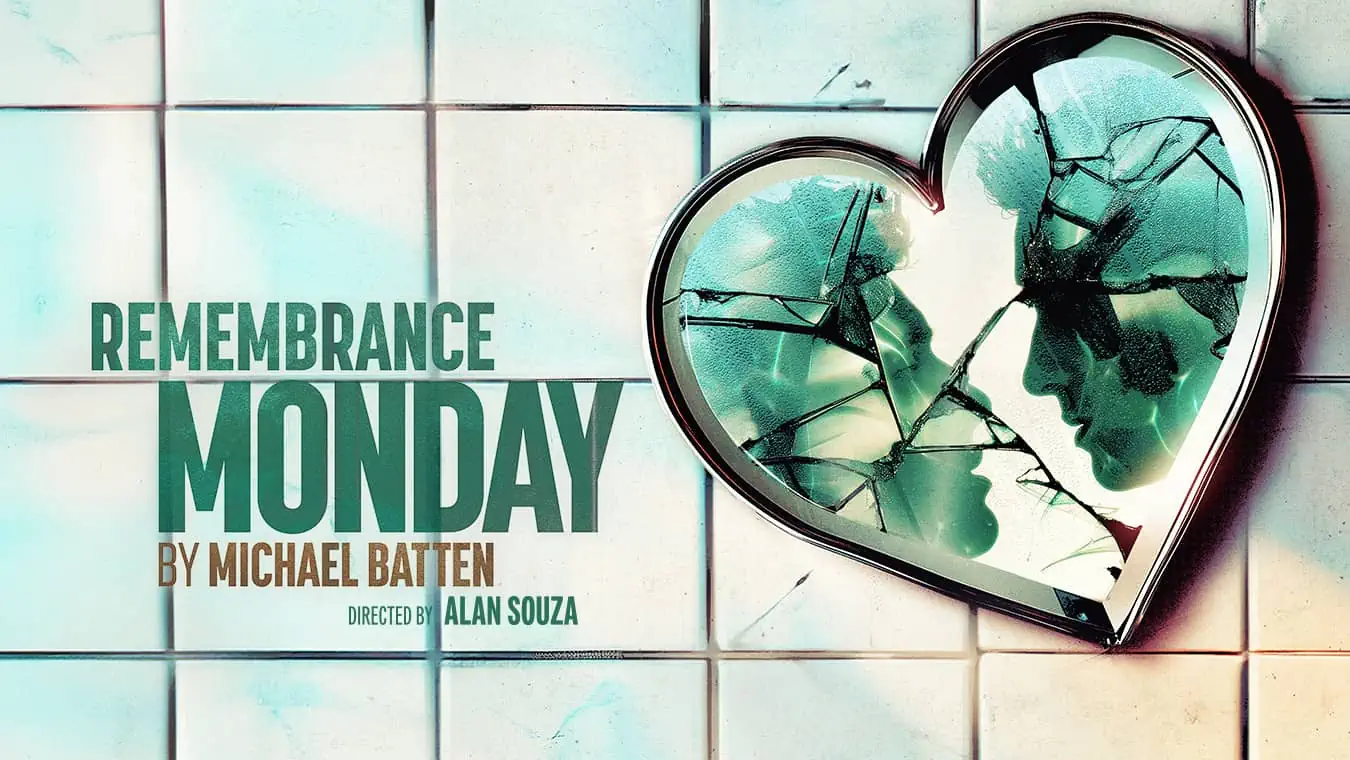★★★ by Ifan Llewelyn
There has been a recent surge of interest in the work of E M Forster, especially here in the capital. Last year, The Inheritance dominated the West End, garnering acclaim and boundless praise across the board. Matthew Lopez’s work was based on one of Forster’s best-loved novel Howard’s End with the author himself being a featured character. He saw a similar renaissance in the mid-eighties when his death gave way to several on-screen adaptations of his work, something he would never have allowed. The life and literature of the writer is the subject of E.M. Forster: His Longest Journey, with a keen focus on the writer’s favourite work.
The documentary opens with the writer meditating on his role as a novelist: “I’m quite sure I’m not a great novelist because I’ve only got down on paper really three types of people. The person I think I am, the people who irritate me and the people I’d like to be”. These three figures can be mapped out throughout his literary career in all six of his novels. We’re then given a whistle-stop early biography of the author, from early life to Cambridge, to his sexuality. Nicola Beauman, author of Morgan: A Biography of E.M. Forster, then introduces us to what she believed to be the author’s essential unhappiness of being “other”, and that he “would never have the conventional life of 9 to 5 work, and marriage, and children.”
This issue of being, or believing himself to be “other” is one particularly potent when thinking of queer history. Through his own favourite novel of his, The Longest Journey, Professors Wendy Moffat, Max Saunders and Santanu Das use the central character of Rickie to explore the inner life of Forster. Using the aforementioned notion that he is either the person who Forster believes himself to be or a person he’d like to be, it’s an interesting access point to the author’s feelings.
However enlightening the topic of discussion is, there are some seriously strange editing choices here, opting for slideshow-eque sequences that are distracting from what’s being discussed. There’s also no avoiding the hideous choice of font throughout, which might sound inconsequential but your attention can’t help but be drawn to it.
The documentary’s second half shifts focus to his later works, and later life, departing from his days at Cambridge and novel-writing to taking on the wider world in essays and short stories. The attention given to his romantic life is effective in exploring an aspect that has been neglected in the wider narrative around Forster’s life. This hour-long documentary is one that brings exciting approaches to the author’s work and life, presented simply and factually and is useful in gaining a more rounded understanding of the figure. It does good work of peeling back the layers of shame, secrecy and prejudice that history has enforced on his story.
E.M. Forster: His Longest Journey by Odyssey Television is showing on Sky Arts this October 7th.











